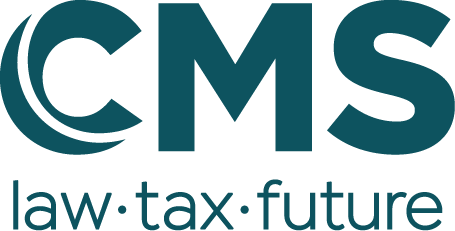China Passed Revised Anti-Unfair Competition Law

Article by CNBW member CMS
On 27 June 2025, the 16th session of the Standing Committee of the 14th National People's Congress passed the revised Anti-Unfair Competition Law of the People's Republic of China ("AUCL"). It will come into effect on 15 October 2025.
1. Background
The AUCL has been in effect since 1993 with two revisions in 2017 and 2019 respectively. One of the primary motivations behind this third revision is the rapid development of China's economy, which has created an urgent need to address new forms of unfair competition acts. For instance, certain platform operators have exploited algorithms and platform rules to engage in online unfair competition.
Notably, the revision places emphasis on the legislative objective of preventing unfair competition, rather than merely punishing it after it has occurred. This shift indicates that future legal practice will not only focus on combating unfair competition acts but also prioritize preventive measures to safeguard a fair and equitable market environment. Below we summarize the key revisions.
2. Expansion of specific types of anti-unfair competition acts
a) Acts of confusion
Article 7 of the AUCL stipulates more forms of acts of confusion, such as the unauthorized use of another party's online name, social media account name, App name, or icon with certain influence. Additionally, Article 7 refers to the related provision in the Interpretation of the Supreme People's Court on Several Issues Concerning the Application of the Anti-Unfair Competition Law of the People's Republic of China, explicitly listing that the act of improperly using another party's registered trademark or well-known unregistered trademark as an enterprise's trade name is an act of confusion.
Article 7 also aims to address the current disputes arising from the use of search keywords. Using another party’s product name, enterprise name (including abbreviations, trade names, etc.), registered trademark, unregistered well-known trademark, etc., as a search keyword, and the search result misleads consumers into believing that the goods are related with or belong to another party, y, constitutes an act of confusion. Article 7 also clarifies that an operator shall not assist others in committing acts of confusion.
...
Read more/complete article here ...
Contact:
Panpan Tang
Senior Associate, CMS, China
T + 86 21 6289 6363
Panpan.Tang@cmslegal.cn